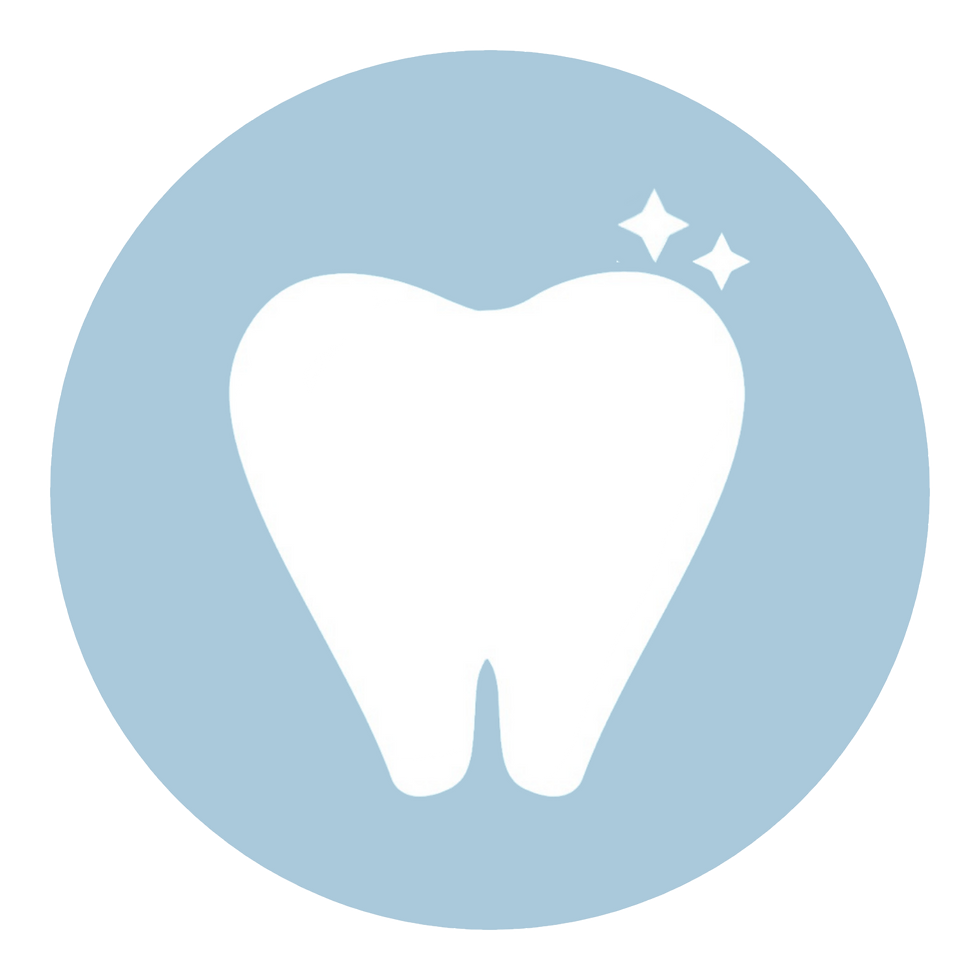Xylitol, why is it important in my toothpaste?
- TeethTab México

- Sep 3, 2021
- 3 min read

Xylitol is a natural sugar (not an artificial sweetener) which also works as an antibacterial. It is found in small amounts in many fruits and vegetables and even humans produce small amounts through normal metabolism.
The most common source of xylitol today is fibers from corncobs and corn stalks.
You can find it in:
Sugar-free sweets such as candies, gum, and gummies.
Jams, jellies and honey.
Dental care products such as toothpaste and mouthwash.
Why did we include it in our TeethTabs?
As we have mentioned in previous blog posts, saliva itself protects the mouth and teeth as it contains phosphate and calcium ions that naturally remineralize tooth enamel.
By adding xylitol to our Teethtabs, every time you brush your teeth with them your saliva becomes more alkaline than it was in contact with other sugars (such as those you have eaten or drunk during the day*). This increase in saliva's pH causes the calcium and phosphate ions of the saliva (and the TeethTabs**) to precipitate in the sections of the enamel where they are needed. Therefore, soft enamel areas with calcium/phosphate deficiency begin to harden again and your smile remains white and healthy.
The biofilm that xylitol forms on your teeth during brushing helps to remineralize the deeper layers of enamel. (Fluoride can remineralize only the outer layer but not the deeper layers.
Xylitol contributes to a complete and not only superficial remineralization of your teeth.
The benefits of xylitol in a nutshell:
It generates a healthier oral environment: Bacteria such as Streptococcus mutans wich cause cavities and periodontal diseases cannot feed on this sugar. Therefore, xylitol reduces their adhesion to the surface of the teeth and their acid production, eventually also inducing their death.
It decreases plaque formation.
It inhibits the inflammatory process, which benefits those who suffer from periodontal diseases.
It promotes saliva production to prevent "dry mouth" and help xerostomia patients.
It improves the absorption of minerals to repair damaged tooth enamel, increasing the strength of the teeth.
It helps to remineralize the deeper layers of enamel.
Xylitol can starve harmful bacteria in your mouth, reducing plaque buildup, tooth decay, and other periodontal diseases.
Watch out! Keep xylitol away from your pets.

Never assume that what is safe for you to eat is also safe for your pets. There are many foods dogs shouldn’t eat: chocolate, raisins, grapes… and xylitol. If they ingest it, an antidote for them is table sugar. However, do not hesitate to call or take your dog to the vet. Your best bet is to keep your Teethtabs out of your pet’s reach.
More
*If you want to know which are the most harmful foods/drinks and how to keep them in your diet without damaging your smile, check out this blog post.
**Our TeethTabs contain calcium phosphate, a remineralizing agent. Check out this blog post to learn more about this ingredient.
Don't miss any of our news! We would love for you to follow us on our social media. You can also register to our website.
Send us your petitions, questions, recommendations, and complaints to info@teethtab.mx. We would love to read them too.

Thank you for reading us.
Your team, TeethTab.
También puedes encontrar este post en: Español.
Our references:
Nayak PA, Nayak UA, Khandelwal V. The effect of xylitol on dental caries and oral flora. Clin Cosmet Investig Dent. 2014 Nov 10;6:89-94. doi: 10.2147/CCIDE.S55761. PMID: 25422590; PMCID: PMC4232036. In https://www.ncbi.nlm.nih.gov/pmc/articles/PMC4232036/
You can also follow the links of the images to learn more.






Comments